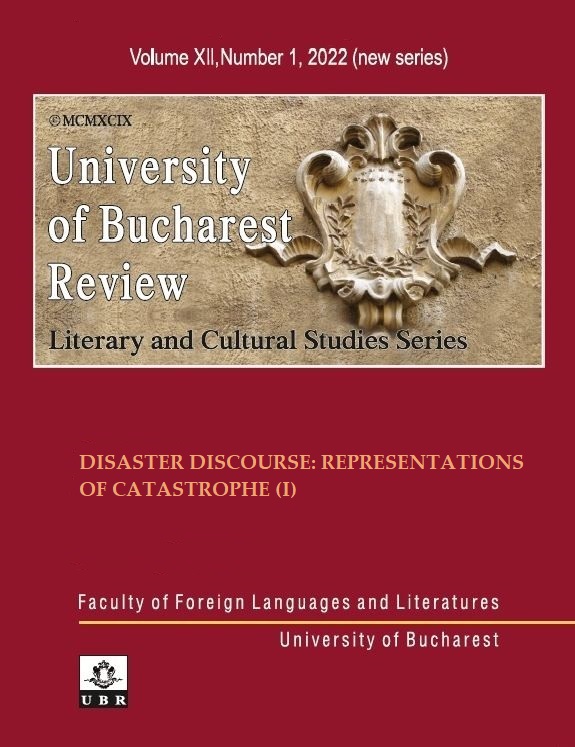How to narrate urbicides? Lidija Ginzburg’s and
Miron Białoszewski’s portrayals of urban destruction
How to narrate urbicides? Lidija Ginzburg’s and
Miron Białoszewski’s portrayals of urban destruction
Author(s): Anna SeidelSubject(s): Comparative Study of Literature, Polish Literature, Russian Literature, Studies in violence and power
Published by: Editura Universităţii din Bucureşti
Keywords: urbicide; literary space; Blockade of Leningrad; Warsaw Uprising; relational spatial theories; Miron Białoszewski; Lidija Ginzburg;
Summary/Abstract: Cities are relationally produced social spaces and in constant flux due to the ever-changing everyday spatial practices that produce and condition them. At the same time, they can become concepts abstracted into symbolic, monolithic ideas, pawns in political or historiographic narratives. Consequently, their death or survival in states of exception can become a substitute for the victorious or unsuccessful struggle for certain values or political orders. In this article, I explore how such symbolic connotations of death or survival of a city relate to the concrete experience of losing personal urban spaces and communities and how this interrelation can be represented in literature. In two case studies, Lidija Ginzburg’s Notes from the Blockade (1984) and Miron Białoszewski’s A Memoir of the Warsaw Uprising (1970), I show how literary texts have the potential to turn away from an abstracting view on cities and how they show the complexity of urban life in a state of exception. Consequently, I demonstrate how Ginzburg’s and Białoszewski’s texts narrate the death of a city not as the death of a specific concept, but as an irreversible loss of concrete urban spaces and practices, bringing to the fore the relational aspect of urban space and its decay. Implying such a relational understanding of urban space, these texts constitute apt representations of urbicides – a term which also presupposes the Lefebvrean notion of space being a relational product of building fabric, spatial practice and symbolic spatial attributions. The article thus shows how both Ginzburg’s and Białoszewski’s texts, through their specific perspectivization and narrative structure, subvert the institutional, abstracting memory discourses about the events they address by focusing on the concrete, subjective experience of spatial alienation during the Blockade of Leningrad and the Warsaw Uprising.
Journal: University of Bucharest Review. Literary and Cultural Studies Series
- Issue Year: XII/2022
- Issue No: 1
- Page Range: 51-65
- Page Count: 15
- Language: English

